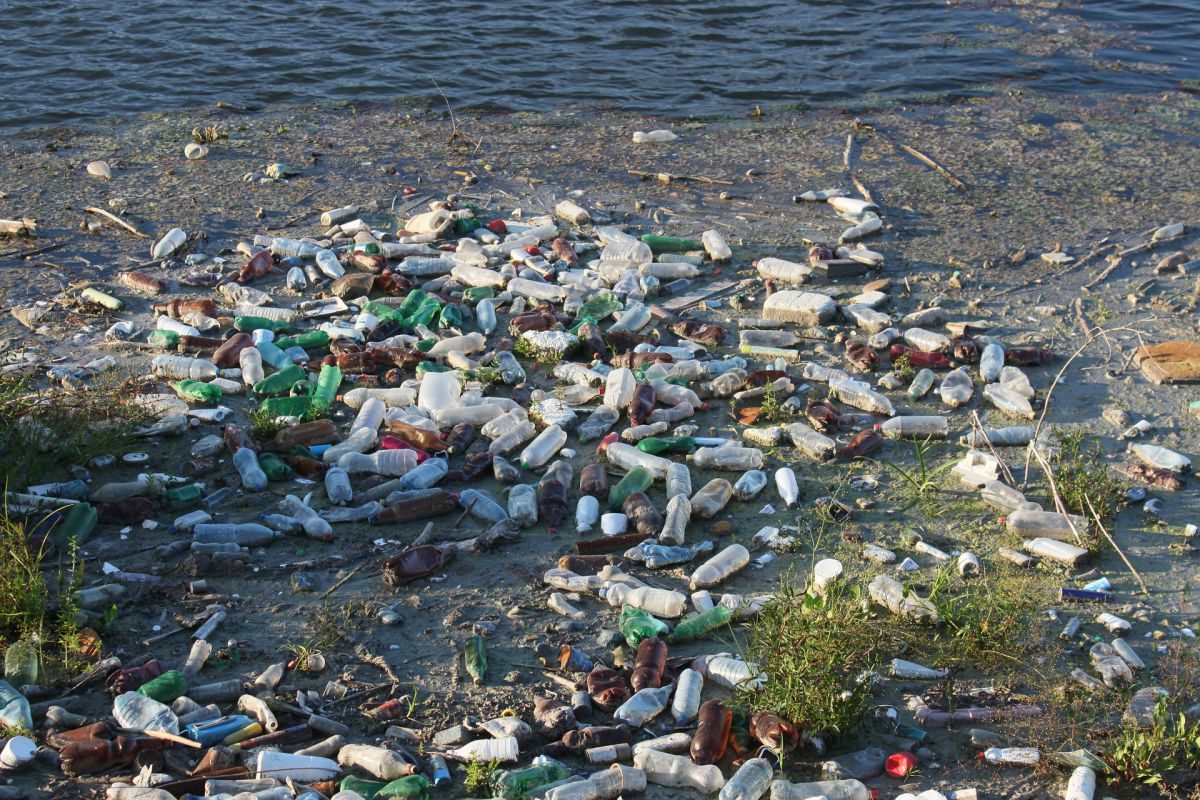
Picture via Pixabay
Waste Colonialism
Courtesy of George Monbiot, published in the Guardian 30th January 2019 (Britain's dirty secret: the burning tyres choking India)
The UK government is flagrantly flouting its own rules, allowing our scrap tyres to be sent to India for burning.
What we see is not the economy. What we see is the tiny fragment of economic life we are supposed to see: the products and services we buy. The rest – the mines, plantations, factories and dumps required to deliver and remove them – are kept as far from our minds as possible. Given the scale of global extraction and waste disposal, it is a remarkable feat of perception management.
The recent enthusiasm for plastic porn – footage of the disgusting waste pouring into the sea – is a rare reminder that we are still living in a material world. But it has had no meaningful effect on government policy. When China banned imports of plastic waste a year ago, you might have hoped that the UK government would invest heavily in waste reduction and domestic recycling. Instead, it has sought new outlets for our filth. Among the lucky recipients are Malaysia, Thailand and Vietnam, none of which have adequate disposal systems: as I write, our plastic is doubtless flooding into their seas. There’s a term for this practice: waste colonialism.
Our plastic exports are bad enough. But something even worse is happening, that we don’t see at all. Every month, thousands of tonnes of used tyres leave our ports on a passage to India. There they are baked in pyrolysis plants, to make a dirty industrial fuel. While some of these plants meet Indian regulations, hundreds – perhaps thousands – are pouring filth into the air, as officials look the other way. When tyre pyrolysis is done badly, it can produce a hideous mix of toxins: heavy metals, benzene, dioxins, furans and other persistent organic chemicals, some of which are highly carcinogenic. Videos of tyre pyrolysis in India show black smoke leaking from the baking chamber, and workers in t-shirts, without masks or any other protective equipment, cleaning tarry residues out of the pipes and flasks. I can only imagine what their life expectancy might be.
India suffers one of the world’s worst pollution crises, that causes massive rates of disease and early death. There is no data on the contribution made by tyre pyrolysis plants, but it is doubtless significant. Nor do we know whether British tyres are being burnt in illegal plants there, as our government has failed to investigate. It seems prepared to break its own rules on behalf of the companies exporting our waste. And this is before Brexit.
Unlike plastic waste, there is a ready market for used tyres within the UK. They are – or were – compressed into tight blocks to make road foundations, embankments and drainage beds. It’s not the closed-loop recycling that should be applied to everything we consume, let alone the radical reduction in the use of materials required to prevent environmental breakdown. But it’s much better than what’s happening to our discarded tyres now. The companies that made these blocks have either collapsed or are in danger of going that way, as they can no longer buy scrap tyres: Indian pyrolysis plants pay more.
I was contacted by a leading tyre block broker, David L Reid. He was halfway through a major order from a local authority when his supplies dried up. The contract was lost, and the local authority had to switch to stone, costing it a further £200,000. He has other interests, so is able to weather this disruption, but his company, like others, has had to cease trading. With some of his competitors, he has been frantically trying to discover what the government is playing at, so far with little success.



